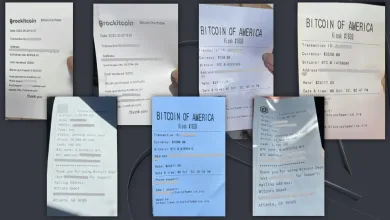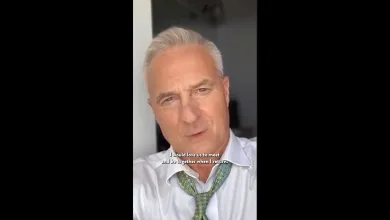
Facebook Scam: Man Jailed for Impersonating Katia Banks in Lagos
Justice Dipeolu sentenced a man to three months for cyber fraud after he impersonated “Katia Banks,” a U.S. woman, on Facebook to defraud victims
Lagos, August 20, 2025. A Federal High Court in Ikoyi, Lagos, has sentenced Salami Ponmile Bassit to three months in prison after he was found guilty of internet fraud involving the impersonation of a U.S. woman named “Katia Banks.”
EFCC Arrest in Lagos
Bassit was arrested on July 31, 2025, during an EFCC Lagos Zonal Directorate sting operation at Lekki Garden Horizon Height. The operation targeted individuals suspected of cybercrime in Lagos, based on intelligence about online scams in the area.

According to investigators, Bassit created a fake Facebook profile under the name Katia Banks to deceive unsuspecting victims. He posed as an American woman, sending explicit images and engaging in conversations designed to gain financial benefits.
Court Proceedings and Conviction
He was arraigned before Justice D. I. Dipeolu on a one-count charge under Section 22(2)(b) of the Cyber Crimes (Prohibition, Prevention Etc) Act, 2015. The charge stated that Bassit fraudulently impersonated Katia Banks on Facebook to defraud others.
During the trial, EFCC operative Ilyasu Dauda testified that an iPhone 16, used to perpetrate the fraud, was recovered from the defendant. Forensic evidence and Bassit’s own statement confirmed his involvement in the scam.
His lawyer pleaded for leniency, arguing that he was a first-time offender. However, after reviewing the evidence, the court convicted him.
Sentence and Forfeiture
Justice Dipeolu sentenced Salami Ponmile Bassit to three months in prison, with the option of paying a N2m fine. The court also ordered that the iPhone used in the Katia Banks Facebook fraud be forfeited to the Federal Government of Nigeria.
This conviction underscores the EFCC’s determination to fight internet fraud in Lagos and across Nigeria. With increasing cases of Facebook scams and impersonation schemes, the commission continues to warn the public against falling victim to online fraudsters.









